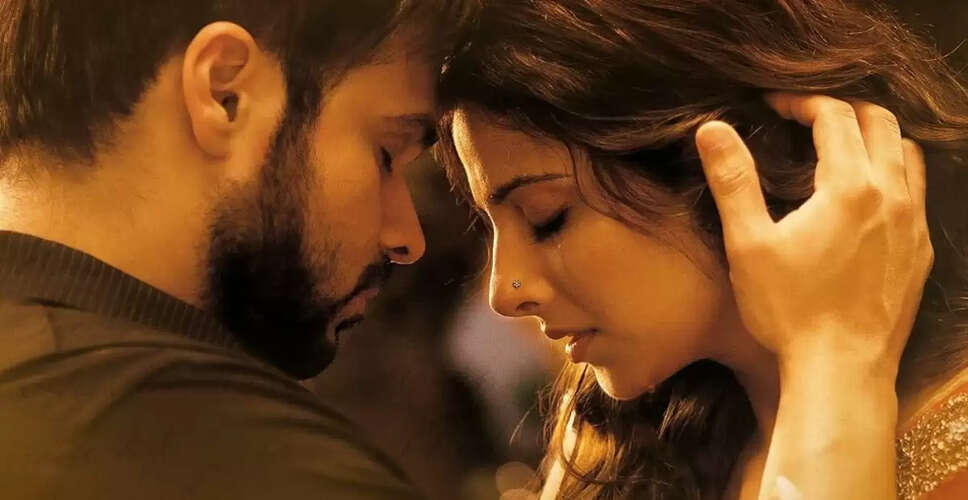Hamari Adhuri Kahani: Reflecting on a Decade of Emotional Storytelling

Celebrating Ten Years of Hamari Adhuri Kahani
Marking a decade since the release of Hamari Adhuri Kahani featuring Emraan Hashmi, Vidya Balan, and Rajkummar Rao.
Raj Kapoor once remarked, “The child who loses the race is the one you remember.” This sentiment resonates deeply with me as I reflect on Hamari Adhuri Kahani—not for its accolades, but for its emotional depth.
Was the love story perceived as outdated?
Some critics labeled it regressive, suggesting it echoed television tropes and that the creator of Arth had taken a step back in time. While they may have a point, they overlook that pain is timeless, and true love often feels antiquated.
Do you support the film?
Mohit Suri crafted a narrative filled with vulnerability, exploring the unspoken moments between individuals. It depicted a woman torn between her responsibilities and her desires, embodying love as the classic poets described: incomplete and irrevocable.
Vidya Balan's performance was both ethereal and grounded?
Vidya Balan moved through the film like a spirit once ablaze. She immersed herself in the role, not merely acting but reliving a profound experience. Her past echoed in every silence. Emraan Hashmi, often misunderstood, delivered a powerful performance—subtle yet deeply felt.
Rajkummar Rao's impactful cameo?
Rajkummar Rao was just starting his career, yet one scene stands out: his raw, unscripted confrontation with Vidya, which felt more like truth than performance. It was a brave portrayal of a villain at the onset of his journey.
Hamari Adhuri Kahani's box office performance?
Indeed, it didn’t achieve commercial success. This film wasn’t about grand gestures; it told the stories of those who loved quietly, who stayed or left, and those who had no choice. Audiences from smaller towns resonated with these narratives, perhaps because they had lived similar experiences.
The soundtrack's role in the film's emotional impact?
The music—Mithoon’s Humnawa, Papon’s soulful melodies, Jeet Ganguly’s title track, and Arijit Singh’s haunting voice—added layers to the film. Arijit’s singing transcended mere notes; it encapsulated lives lived. Rahat Fateh Ali Khan once shared a poignant thought with me: “Love was essential, parting was too”—a sentiment that echoed throughout Hamari Adhuri Kahani.
Any memorable moments from the film?
The confrontation scene in Kolkata, where Rajkummar finds Vidya amidst the sounds of Durga’s drums, was crafted by Suhrita Das, who poured her own experiences into it. Ten years later, she’s directing her own film, Tu Meri Puri Kahaani, and I reflect on her journey. Cinema is not just about commerce; it’s about memories and emotions that linger.
Should Hamari Adhuri Kahani be revisited?
Perhaps Hamari Adhuri Kahani arrived too early or too late, or maybe it was perfectly timed. What I know is that when the applause fades, it’s the emotional resonance that remains. “To feel everything in every way, to hold all opinions, to be sincere in being contradictory…” captures my feelings about this film. It’s a complex mix of contradiction, fullness, and gratitude. I infused parts of myself into this film, and I’m thankful Mohit brought it to life. I’m grateful Vidya embodied it. We shared it with the world, even if it wasn’t ready. Because incomplete stories are the ones that truly matter.
